The expansion of a Designer is measured by interrogation, outreach, worldview and collaboration.
Here some of the questions that significantly shaped my practice.
DESIGN FOR QUALITIES
2013-17 PhD Thesis
Design for Communication: a collaborative practice to amplify qualities of sustainability.
central saint martins London
A fully funded PhD engaged over 100 participants and 13 start-ups, from San Francisco to Delhi. This experience at Central Saint Martins College of Design provided the rigorous tools in qualitative research, the ability to work multidisciplinarity, and the grit to run a business. I was interested in sharing the learnings beyond journals; like at the first Ellen Macarthur Disruptive Innovation Festival, at The Royal Society of Arts, in a Tate Modern publication, a Design Philosophy book and at The Green School in Bali.
-
Two current paradigms underpin this study. First, the definition of communication design as an expanded practice that goes beyond visual communication to include communicating through interaction and experiences, as a practice that facilitates complex social exchange and constructs meaning in the world, whether by expert or non-expert designers. Second, the recent discussion in the area of design for sustainability focusing on the ‘qualities’ displayed by initiatives of social-environmental purpose. These qualities are perceivable and cultivated through the interaction and experience of those who take part. The conjunction of these two paradigms locate the following research questions: What are the distinct roles of communication design practice in social innovation for sustainability? How can communication design practice expand on the social and relational nature of these initiatives? How might the qualities of sustainability be cultivated through the process and products of communication design?
These questions were pursued through practice-led research in the sub-context of sustainable food initiatives as an established and growing area of social innovation. The methodology applied was iterative and collaborative, working with 17 sustainable food initiatives. Through a series of 6 workshops
a practical tool was developed and tested to support these initiatives to co-create communication
design that amplifies their qualities that characterise the sustainability of their activities, using their existing assets.
A NEW METHOD
A new design method to empower sustainability focused start-ups. This benefited businesses around the world and accelerator programmes like the Sustainable Oceans Alliance.
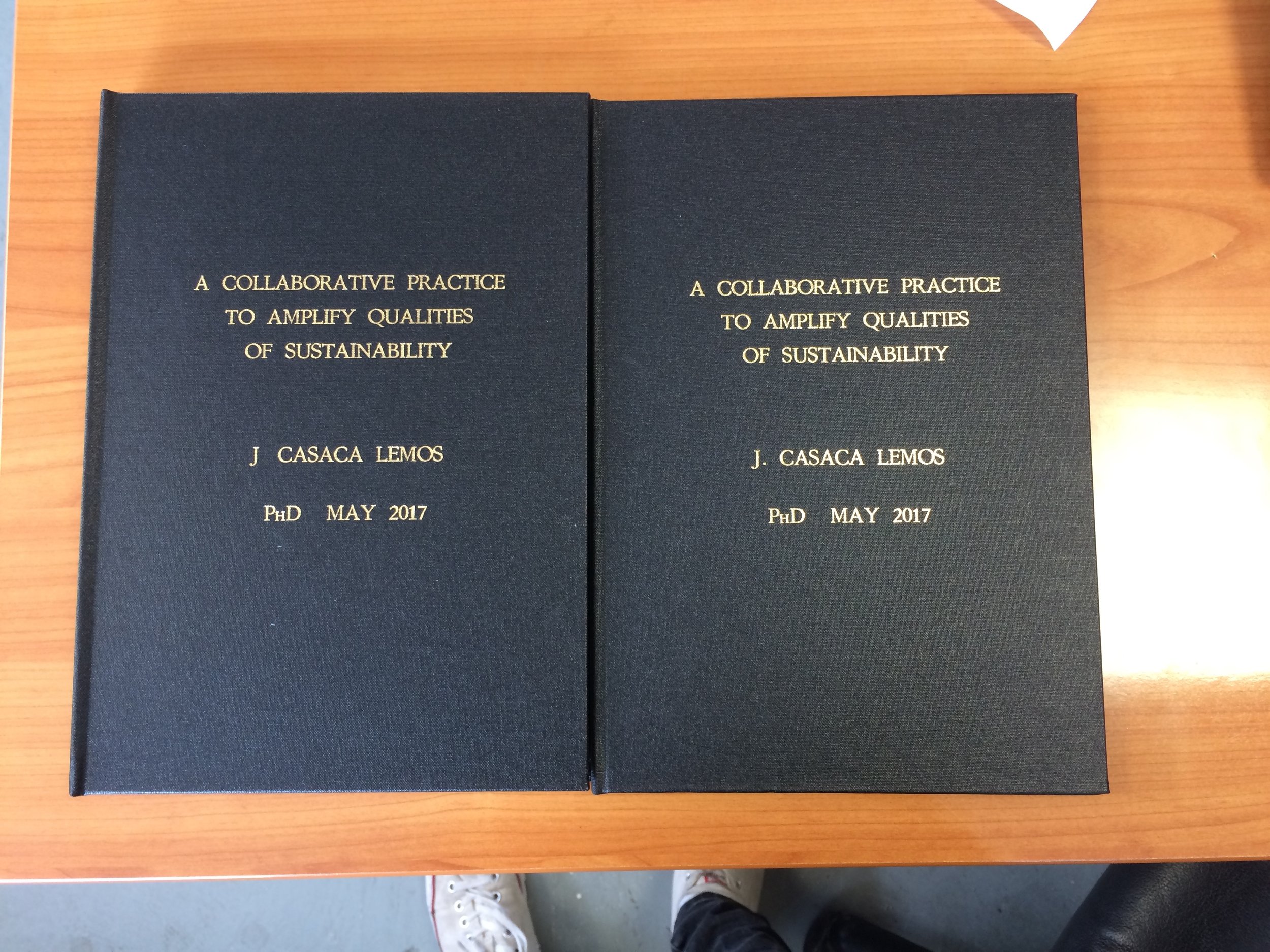
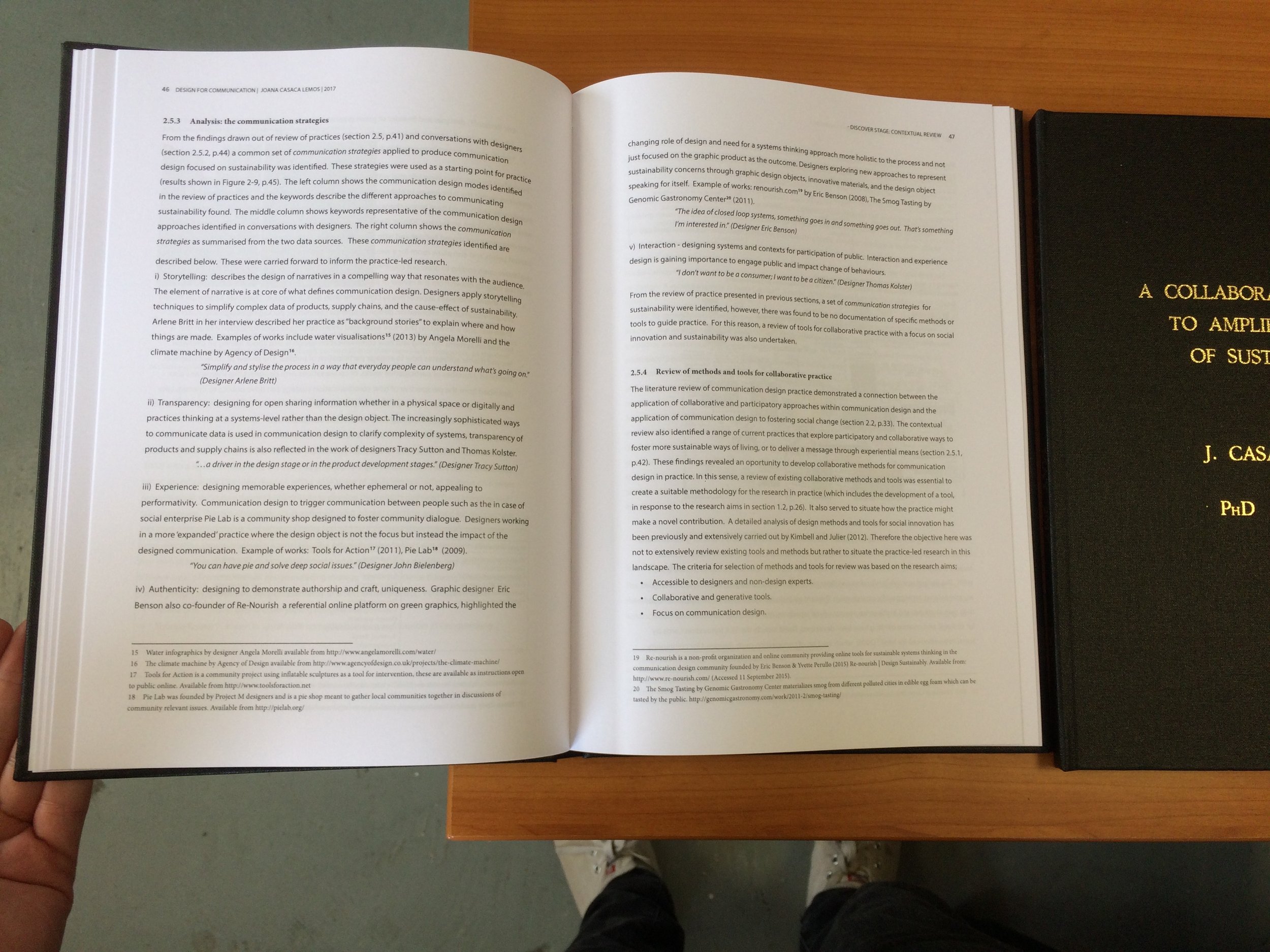

We live increasingly more aware of the impact that our practices have in the wider world surrounding us - socially, environmentally, culturally, ethically. We notice the growing number of small-scale businesses, start-ups or social enterprises, wanting to express how their story positively impacts, inspires, or contributes, to the local and wider context. The digital age has enabled us to easily convey and disseminate such messages, but also to take apart their transparency and authenticity.
The workshops explored a practical tool in development as part of a wider research project. The aim is to empower small-scale projects to articulate and communicate their narrative of positive impact through their own means.
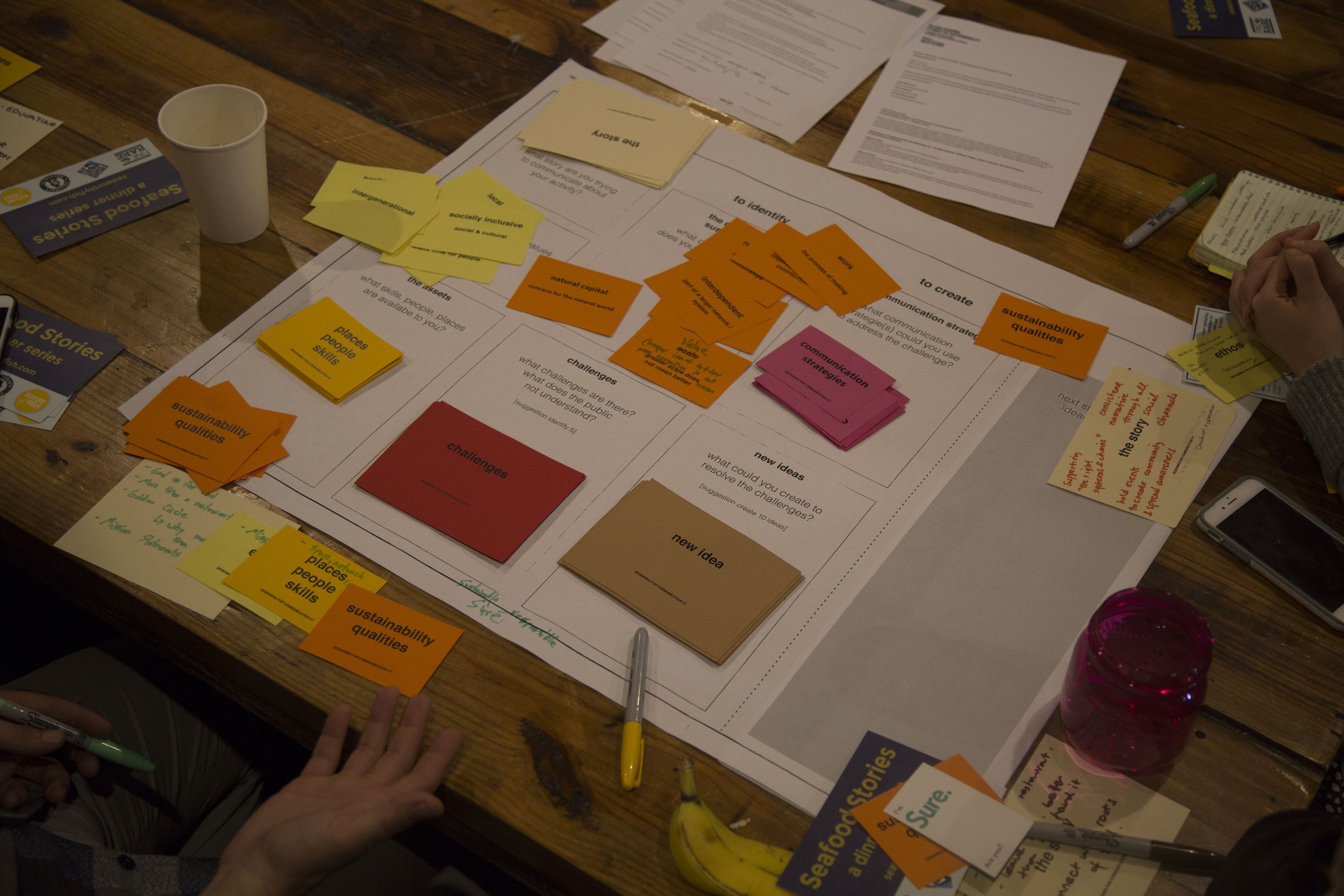
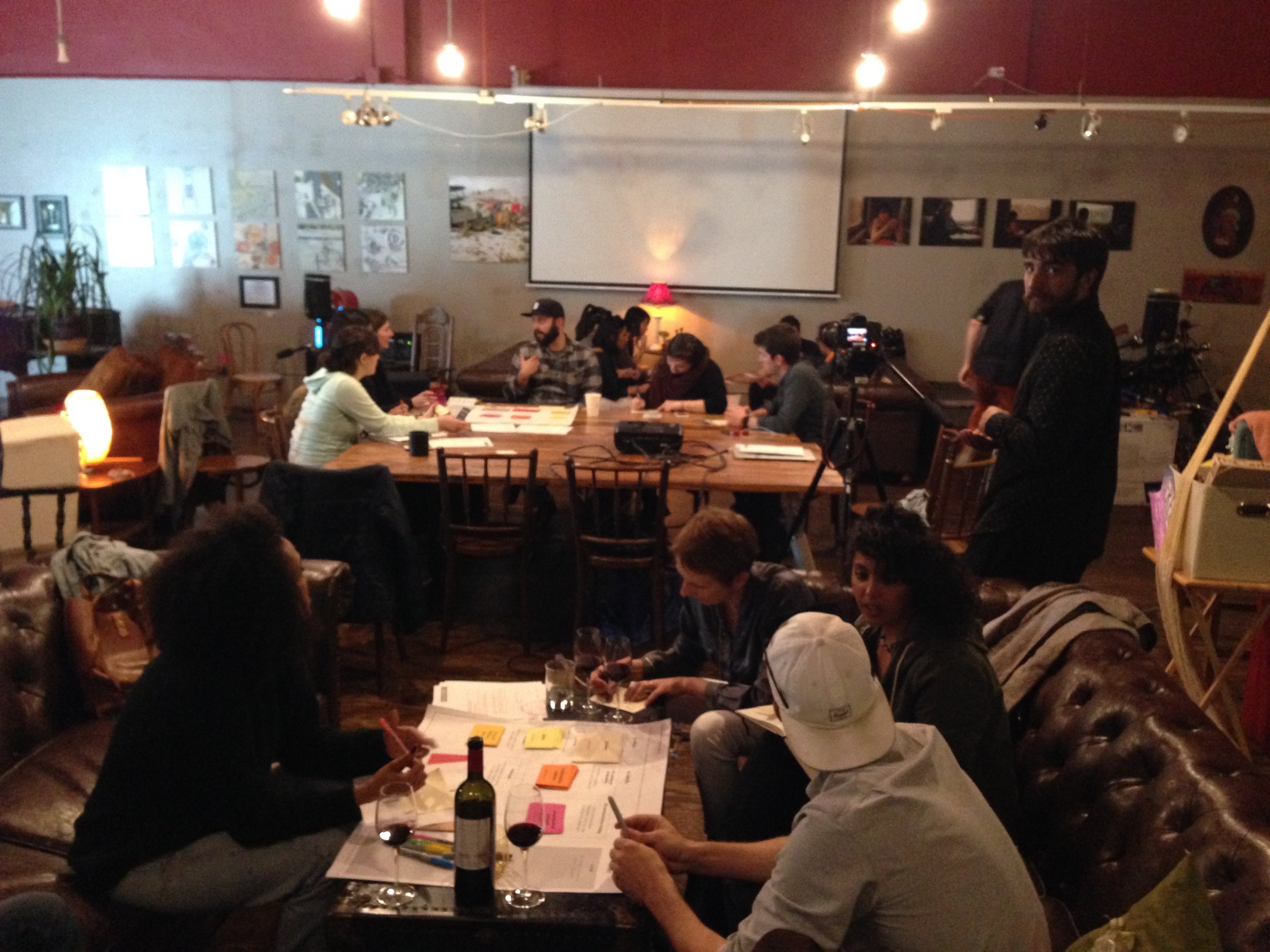
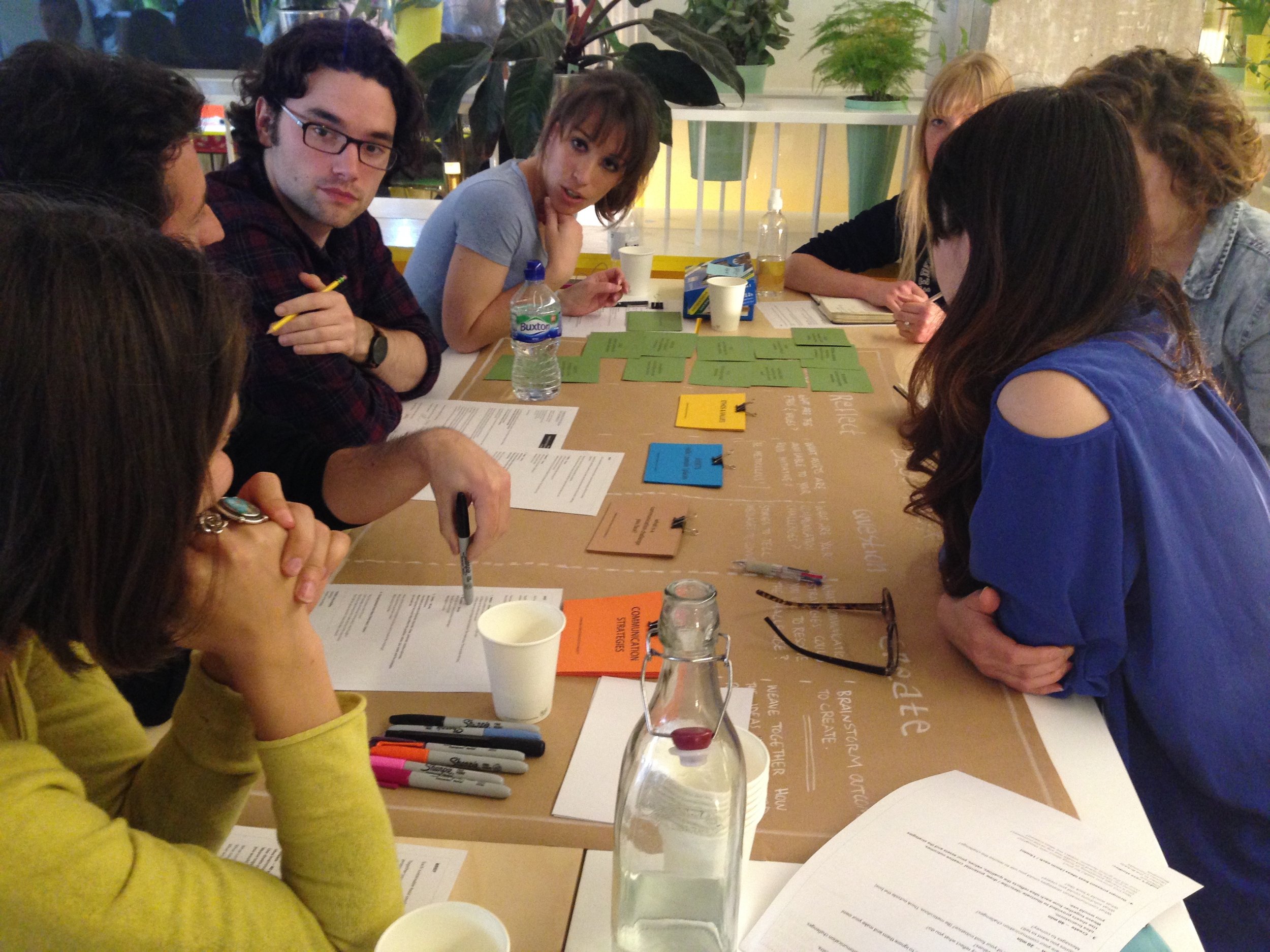

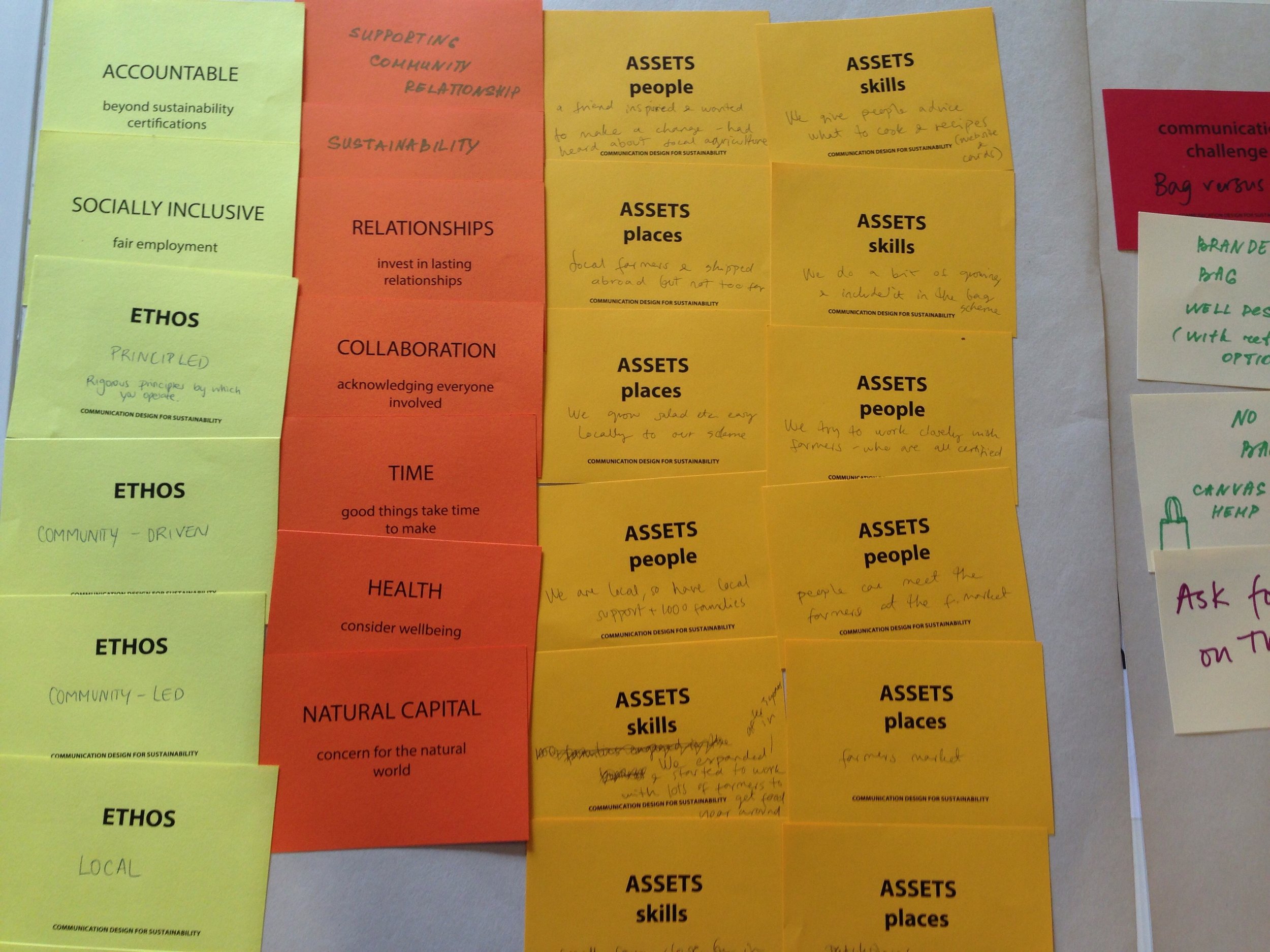
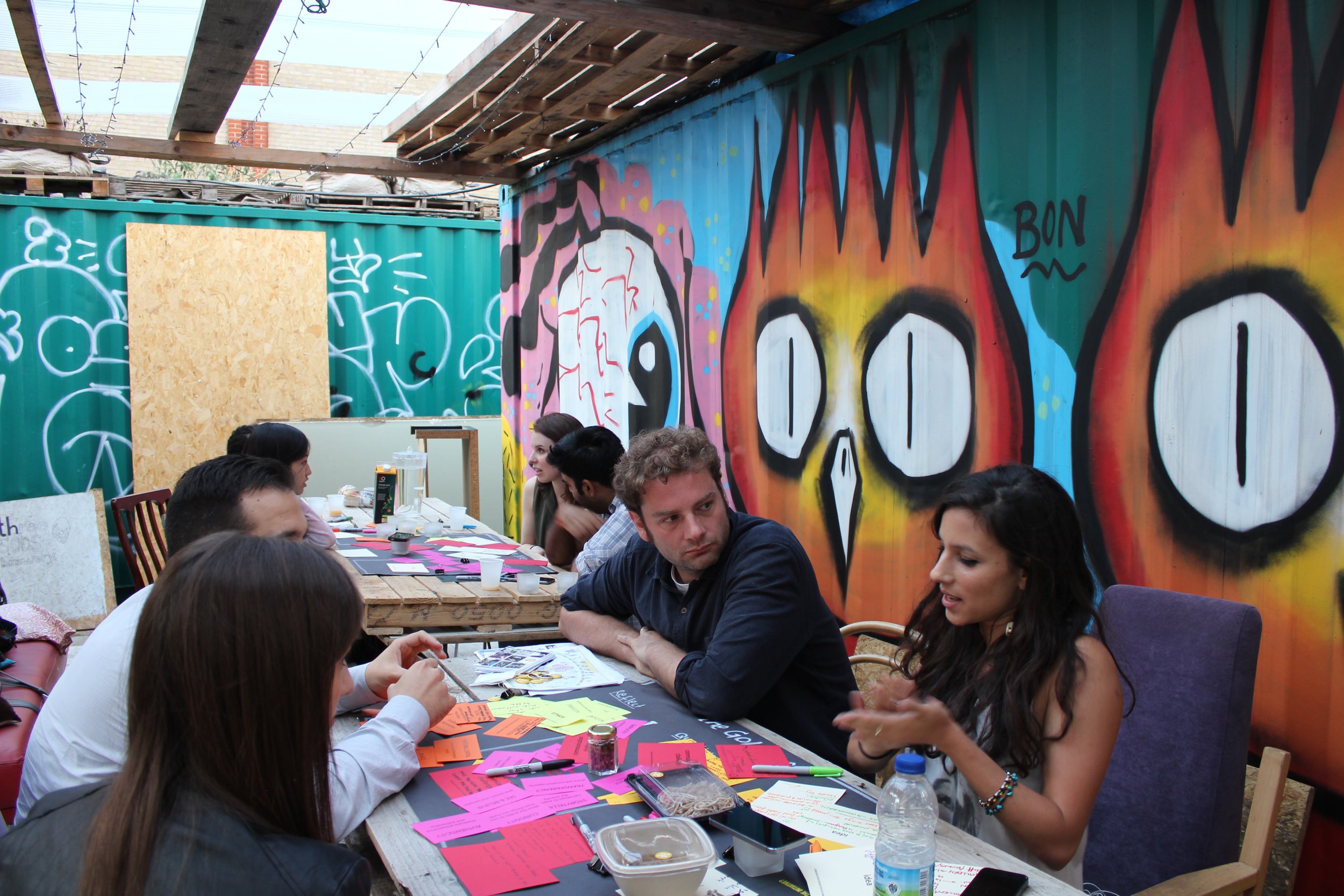
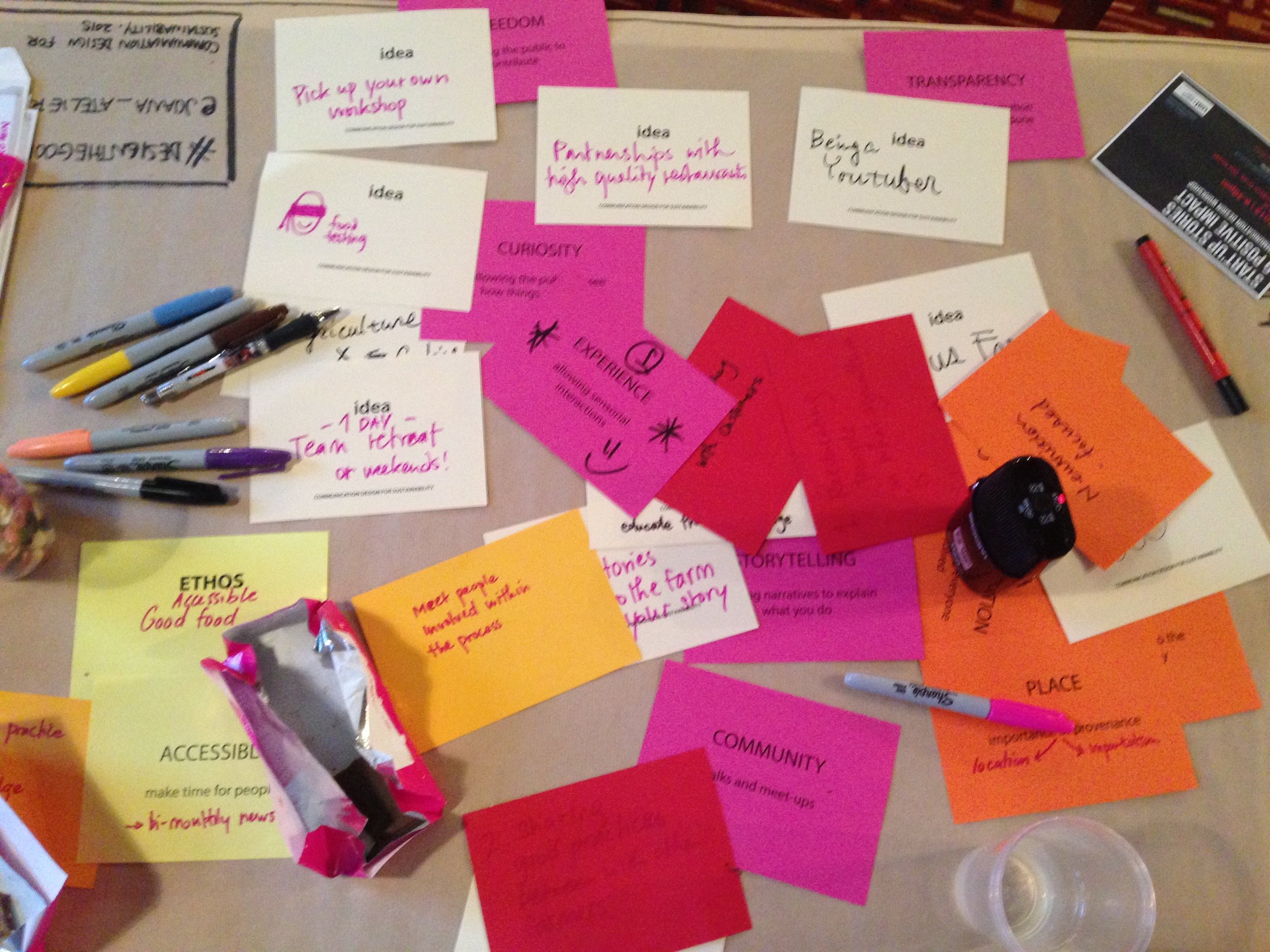
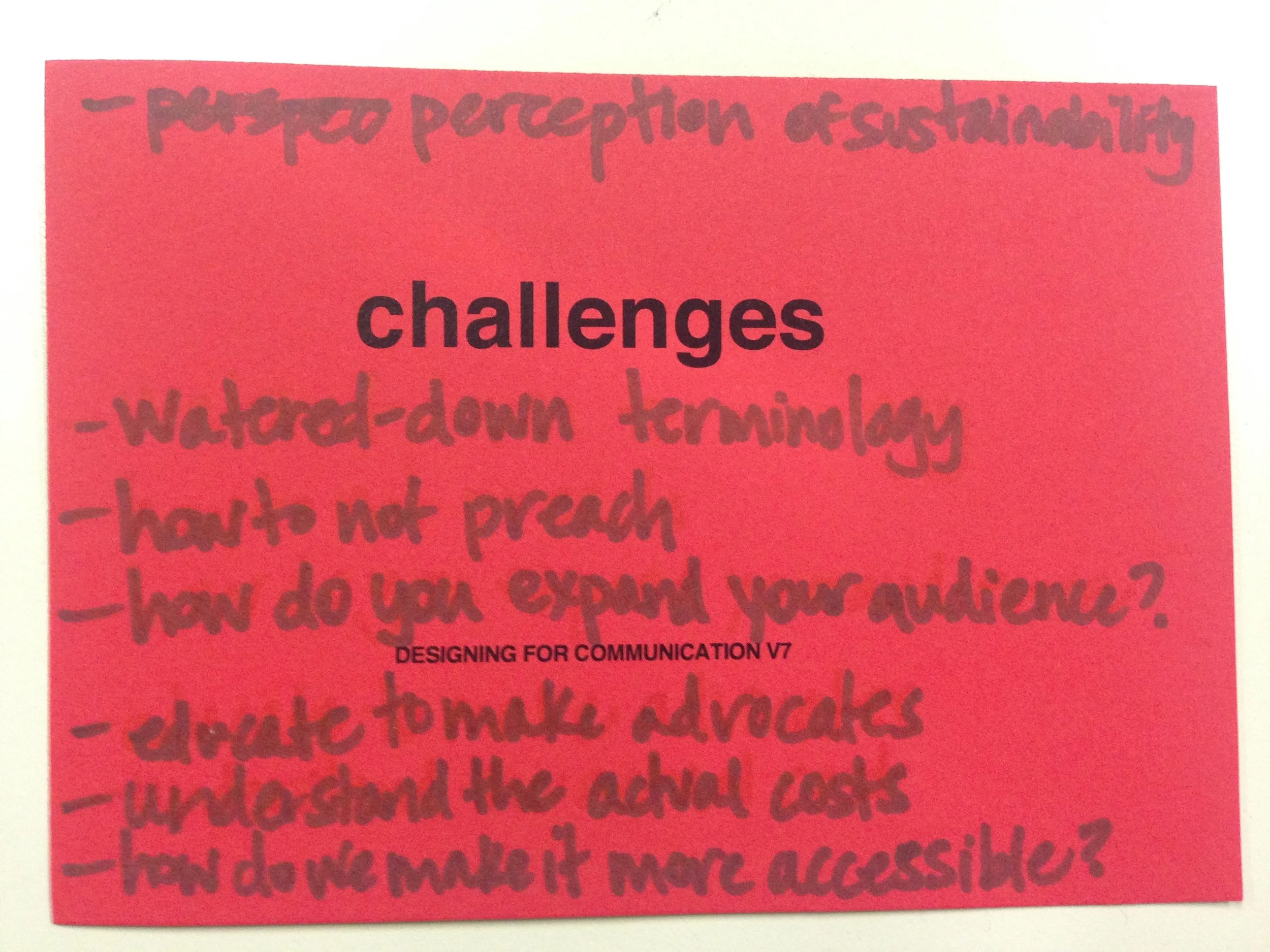
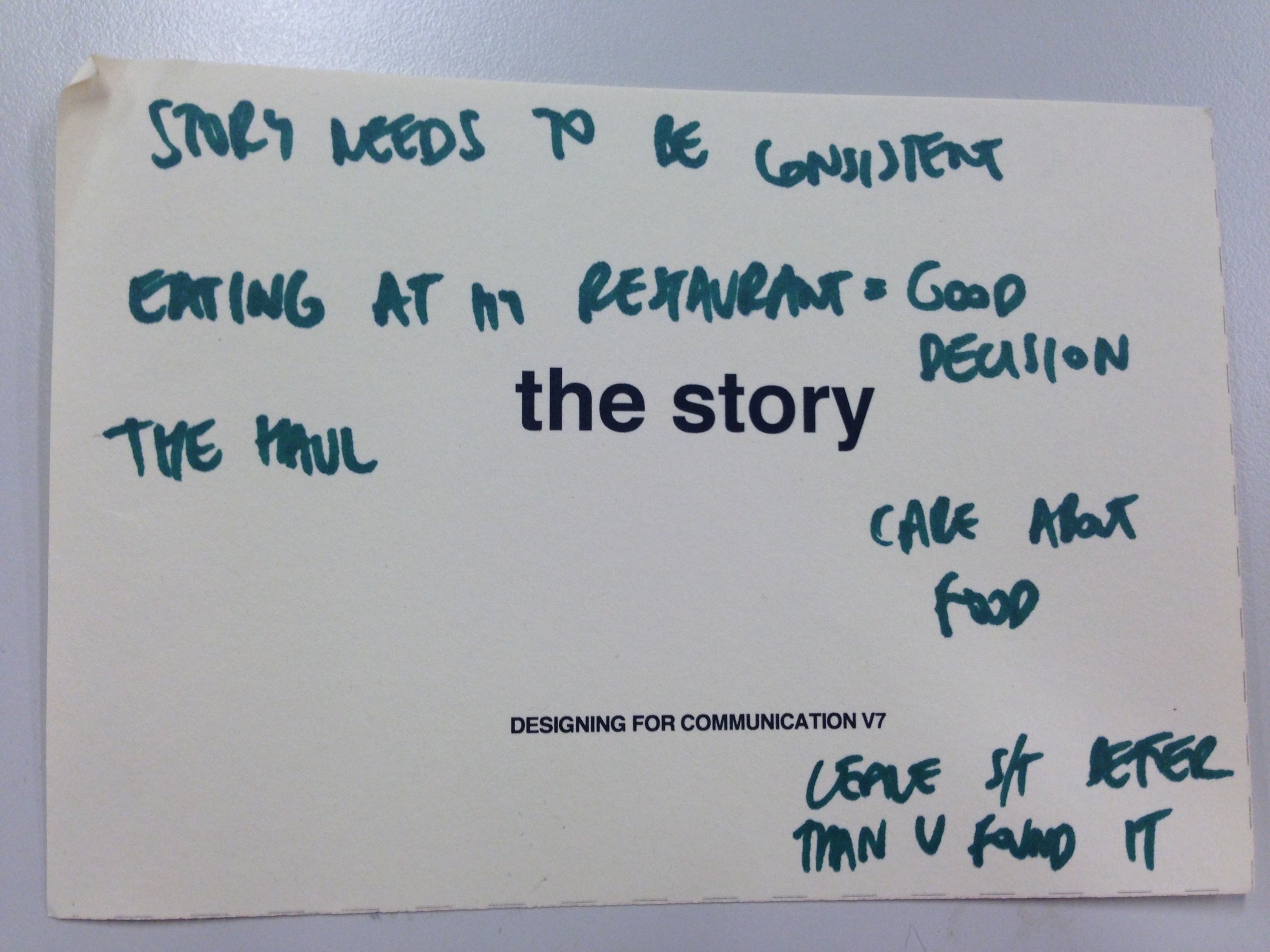
RESEARCH WITH GLOBAL REACH
London, Berlin, Amsterdam, San Francisco, New Delhi, Lisbon, Dakar.
Workshops kindly hosted by: Second Home, Makesense.org, Embassy Network, Shoreditch Trust, among others.

Download from The British Library
Research Grant funded by POPH—QREN, Type 4.1—Advanced Training
subsidised by the European Social Fund and national MCTES funds
No text may be published without appropriate acknowledgement and notification of the author.




























